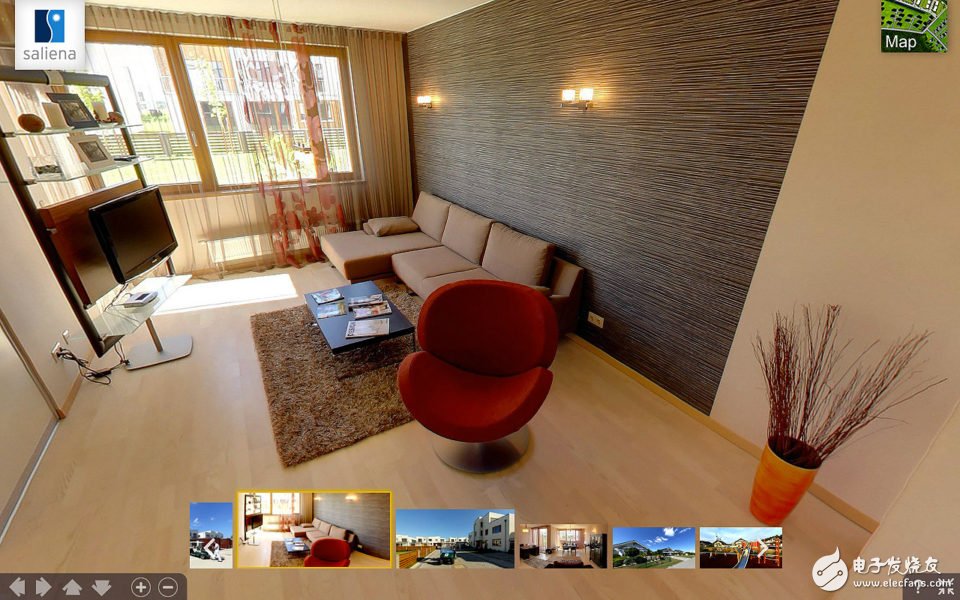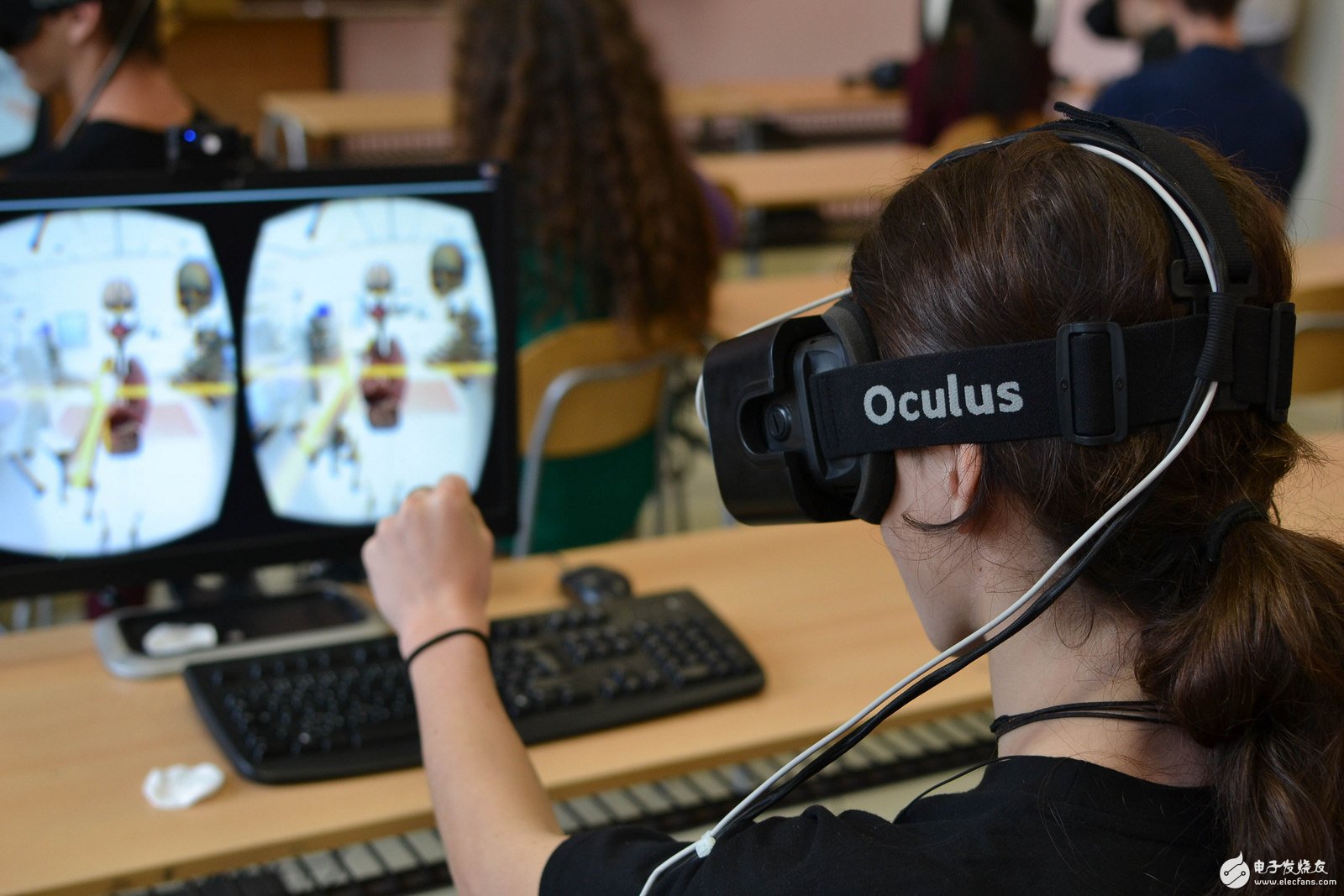London's Shoreditch District (Emerging Arts District) is home to an emerging technology industry park, located in the heart of the city's high-end residential apartment project developed by China's real estate company Vanke - THE STAGE (city stage). Recently, a potential Chinese buyer came to see the room. She looked at the furniture and decoration in one room and one room. She looked at the city from the balcony and looked at the interior of the refrigerator... It’s amazing that she didn’t fly at all. In London, the visit was completed with VR glasses at the Vanke Global Sales Center in Shanghai.
Thanks to the rapid acceptance of VR technology by real estate companies and other industries, China has rapidly grown into the world's most important VR market.
This rapid acceptance is not because Chinese companies have made the best VR helmets. In fact, the most advanced VR hardware manufacturers are Oculus of Facebook, Sony of Japan, and Samsung of South Korea. Moreover, the best VR games and movie software are also in California, not in Chengdu or Chongqing, China.
However, the professional use of VR technology by Chinese companies (non-individual consumers) means that this emerging industry will find the first barrel of gold in China. Investment bank Goldman Sachs predicts that the global market value of the VR market will soar from now to 20 billion in 2025, with hardware and software accounting for half of the market value. Goldman Sachs also predicts that mainland China has already accounted for one-third of global VR helmet sales this year (as shown).
Western countries' interest in VR is mainly focused on consumer applications, such as games. But in China, commercial applications are the direct and profitable channel for VR market growth. Real estate developers, represented by Vanke, use VR technology to sell expensive real estate that they are located overseas or have not yet built, while architects use VR technology to further improve the design.

In addition, education is also a very promising area. Last year, Chinese software company NetDragon received a $100 million investment from British online education company PrometheanWorld, which quickly attracted public attention. Now, NetDragon is testing the application of VR software and hardware to school education (there is an idea that VR helmets can quickly detect that students' heads are shaking - indicating that they are bored, which means teachers need to teach content and Teaching methods are improved).
Companies specializing in the VR industry are spending a lot of time observing the growth of the Chinese market. The VR industry believes that in addition to the reasons for Chinese companies to quickly accept VR, there are two other consumer-related reasons that have contributed to the rapid development of China's VR market. On the one hand, mainland users are the first users to enthusiastically accept smartphones, even if the early versions of the smartphones were somewhat imperfect; on the other hand, mainland companies led the world's mobile Internet market. In the future, most VR users will get the VR experience through a network-connected smartphone, rather than getting VR effects through glasses connected to a PC or a standalone device.
RyanWang, a California-based venture capital firm, Outpost Capital (investing in the VR space), points out that in other countries, including the United States, it is difficult for people to experience VR technology. They need to spend $1,000 or more to experience cutting-edge VR technology. This means that VR technology has so far been expensive and unattainable for consumers in the United States.

On the other hand, China has built a complete infrastructure for the consumer experience. Theme parks, shopping malls and experience centers all over China can see the world's most advanced VR equipment, such as HTC's beautiful and fashionable Vive glasses; China has more than 100,000 Internet cafes to build VR areas, just a few The dollar can be experienced; dozens of local Chinese manufacturers are making cheap smartphone adapters... AnjneyMidha of Silicon Valley technology investment company KPCBEdge admits that purists look down on them and think they are low. But the facts will prove that these cheap adapters may be called an indispensable transition before the arrival of VR Ultimate.
Many companies view China as an important market for VR applications and promotion. At present, HTC has signed a partnership with China's two major electrical retailers, Suning and Gome, and plans to set up more than 10,000 VR “experience stations†on the mainland to help them sell their products; Alibaba plans to start using VR soon. Equipment purchases physical product services; Tencent will soon launch VR movies. Alvin Graylin, head of HTC China, said in an interview: "Compared with other foreign markets, China's acceptance of VR is faster and wider."
Wireless Vacuum Cleaner,Best Wireless Vacuum Cleaner,Wireless Car Vacuum Cleaner,Best Vacuum Cleaner Wireless
Ningbo ATAP Electric Appliance Co.,Ltd , https://www.atap-airfryer.com